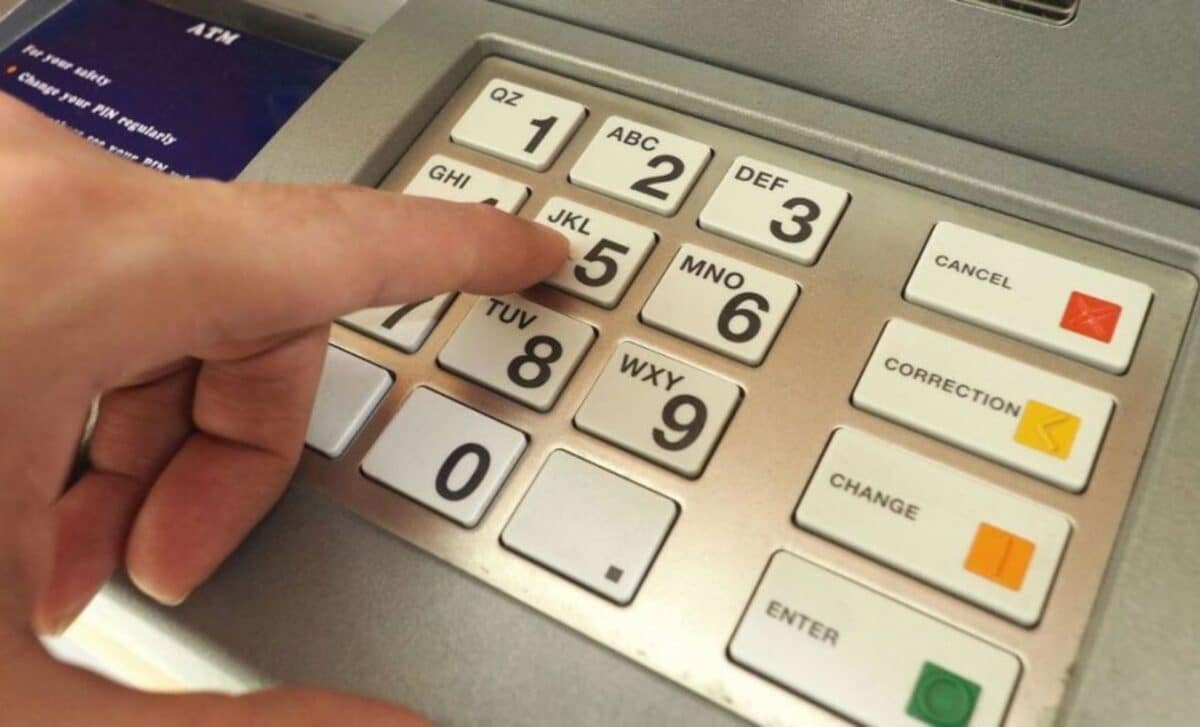Tuvalu, one of the world’s smallest and most remote nations, has introduced its first automated teller machines in a landmark move towards digital banking. The development comes as Australia, a regional neighbour, accelerates its withdrawal from cash infrastructure.
While Tuvalu embraces modern financial services with a $3 million investment in ATMs and point-of-sale terminals, Australia is witnessing a steady dismantling of its ATM network amid growing reliance on contactless payments.
Major Financial Shift for Tuvalu’s 12,000 Residents
The introduction of electronic banking represents a significant transformation for the people of Tuvalu, an island nation of just over 11,000 residents, according to government data.
Until now, the country’s financial transactions were entirely cash-based, often involving long queues at the National Bank of Tuvalu—the only banking institution on the islands. On paydays, lines typically formed outside the bank before its early afternoon closure.
In an effort to modernise its banking system, the government of Tuvalu has installed five ATMs and 30 EFTPOS (electronic funds transfer at point of sale) terminals across the capital, Funafuti.
The initiative was launched on 15 April and aims to improve access to financial services in a country where banking infrastructure has historically been minimal. According to Pacific Technology Limited, which helped design the machines, the system will “break the barriers” and enable access to “modern and reliable banking services”.
At the unveiling ceremony, Prime Minister Feleti Teo described the launch as a “significant milestone”, while Siose Teo, General Manager of the National Bank of Tuvalu, called it a “transformative switch” that would open up new economic opportunities.
The effort follows long-standing calls for better financial inclusion and was supported by a multi-million-dollar investment plan aimed at strengthening the country’s economic resilience.
Australia Moves Away From Cash Infrastructure
While Tuvalu moves towards digital access, Australia is scaling back its reliance on physical cash. The number of ATMs across the country dropped from 29,348 in 2019 to 23,518 by March 2024, according to national financial data.
The shift reflects a broader trend in Australia towards contactless and mobile payments, which have gained widespread popularity among consumers and businesses alike.
Banks and financial institutions in Australia have responded by closing physical branches and reducing the availability of cash withdrawal points. This contrasts sharply with Tuvalu’s current efforts to expand physical access to cash and digital payment systems.









